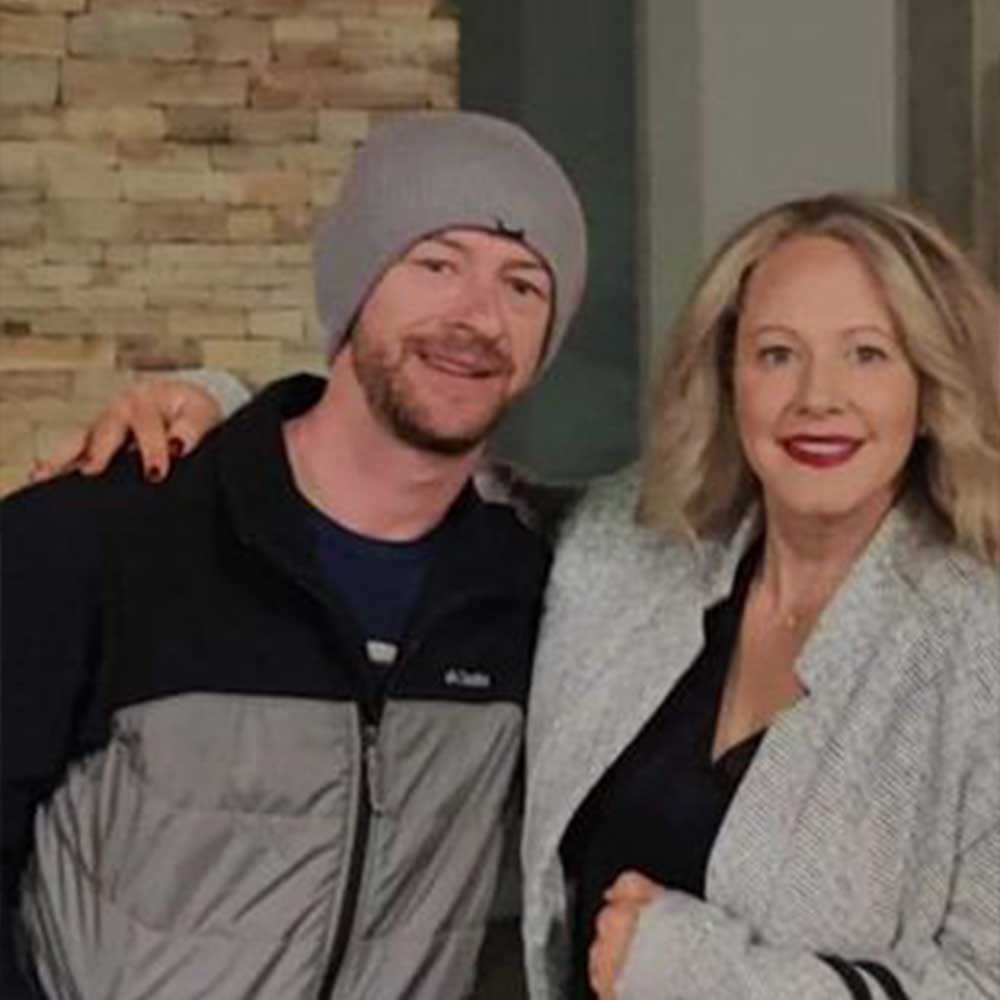Being a caregiver for someone with mental illness, particularly schizophrenia, is a profound and often heartbreaking experience that can be difficult to articulate. Watching a loved one struggle with this debilitating condition feels like witnessing them being held captive by an ugly disease that distorts their reality. The most painful aspect is that they often do not recognize that anything is wrong. This creates a unique challenge for caregivers, who must navigate the complexities of communication while dealing with psychosis, depression and other symptoms that profoundly affect their loved one’s thought processes.
As a caregiver, you quickly learn that effective communication is essential. You must find ways to connect with your loved one, often using patience and empathy to bridge the gap created by their illness. The emotional toll can be overwhelming. It is excruciating to see the spark fade from their eyes, a visible sign of the battle they are fighting against a relentless enemy. The belief that mental illness can be treated with therapy and medication does not fully apply here. Schizophrenia often demands more from caregivers, requiring them to become advocates, navigating complex healthcare systems and confronting the stigma that surrounds mental illness. Many families find themselves on a seemingly endless journey through treatment options, hoping for a breakthrough that often does not come.
My personal experience with schizophrenia is the journey I shared with my brother, who ultimately lost his battle with this illness. The weight of guilt is something I carry daily, questioning whether I could have done more or found the right resources that could have changed his outcome. He deserved better in this life – better support, better understanding and a better quality of care. Schizophrenia did not define my brother, it held him captive. My hope is that one day society will recognize schizophrenia for what it truly is: a serious mental illness that affects not just the individual, but also everyone who loves them. I long for a future where mental illness is understood with compassion, stigma is diminished and families receive the support they need. We need a collective effort to ensure that no one has to walk this path alone, and that every individual receives the dignity and care they deserve.

